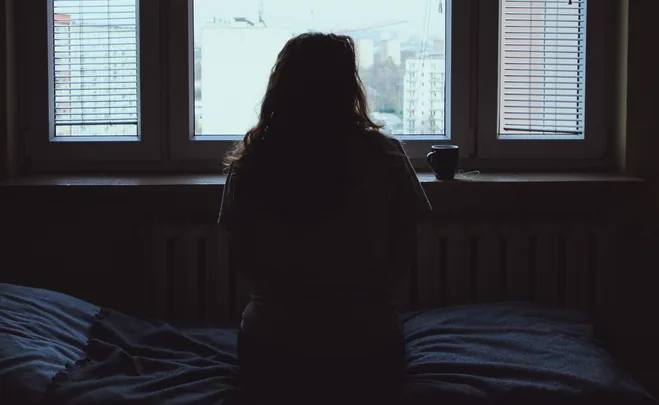Coercive control has officially been criminalised in New South Wales. On the 16th November 2022, parliament passed new legislation which makes it an offence to carry out repeated abusive behaviours to a current or former intimate partner with the intent to coerce or control. It carries a jail sentence of up to seven years.
“There is no doubt that these reforms, which are the first of their kind in this country, will help save lives and deter an abusive and controlling pattern of behaviour that is unacceptable,” said NSW Premier Dominic Perrottet.
However, prior to its passing, activists begged the NSW attorney general to slow down, saying the bill has the potential to “re-traumatise” victims if they, and experts aren’t consulted properly.
“If criminalisation is not given enough time for consultation with victim-survivors and experts in the field, the complex legislation has the potential to re-traumatise the people it was designed to protect,” former Australian of the Year and advocate Rosie Batty said, per The Guardian.
Victim support organisations Domestic Violence NSW, Wirringa Baiya Aboriginal Women’s Legal Centre, Women’s Legal Service NSW, and the Redfern Legal Centre are also calling for further consultation before the bill goes ahead.
They say that the legislation currently lacks a contextual definition of domestic abuse, which could cause confusion. They also said the laws would also be introduced before police had enough time for adequate training.
Coercive control is a pattern of abuse that can have a detrimental impact on an individuals independence and autonomy. It can include sexual, psychological, or financial abuse.
The bill is a history-making first in Australia, but will not come into effect for at least 14-19 months.
This is to “allow plenty of time for training, resourcing, education and raising community awareness,” Minister for Women’s Safety and Domestic Violence Natalie Ward said.
Speakman said the current legislation has been informed by overseas jurisdictions experiences, but that the government has built a “bespoke offence that best reflects the diverse nature of our society in NSW”.
During the deliberation process, he rejected pleas to delay the legislation for further consultation, saying that the bill could “literally mean the difference between life and death”.
“The fact that it’s challenging is not an excuse for doing nothing,” he said, adding: “Coercive control is a proven red flag for domestic violence homicide.”
A key activist calling for coercive control to be criminalised is Sue Clarke, the mother of Queensland woman Hannah Clarke who was murdered by her ex-partner in 2020. Her three children were also killed.
Sue told marie claire Australia in 2021 that Hannah didn’t believe she was in an abusive relationship because her husband wasn’t physically violent—but what she didn’t realise was that coercive control was just as prevalent and detrimental.
“She would say, ‘But he’s never hit me.’ He would say the same thing to us: ‘I’ve never hit her.’ In both their heads, that was the definition of domestic abuse,” Sue said.
Sue is among those calling for more education in order to inform Australians about the impacts of coercive control and to criminalise the act. It is hoped that other Australian states will follow suit.
If this post brings up any issues for you, or if you feel like you need to speak to someone, please call 1800 RESPECT (1800 737 732) – the national sexual assault, domestic and family violence counselling service or contact Full Stop Australia.










